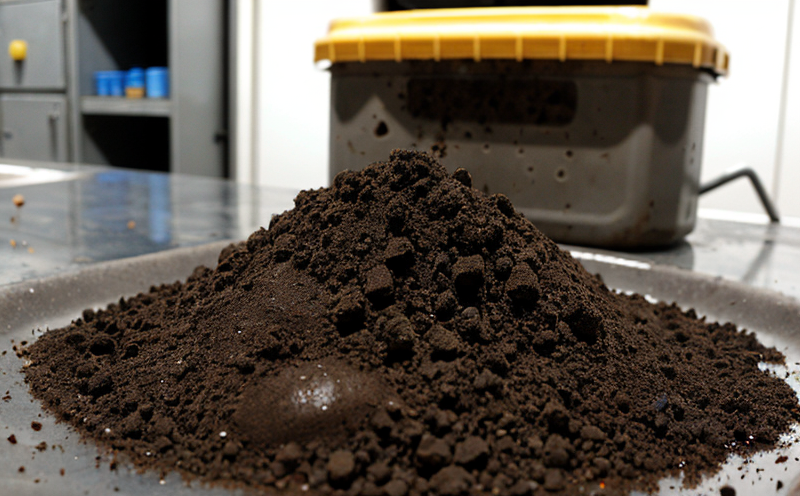Fruit Residue Pesticide Screening
Residue pesticide screening in fruits is a critical process that ensures food safety and compliance with international standards. Pesticides are widely used in the cultivation of fruits to protect crops from pests, diseases, and weeds. However, excessive or improper use can lead to harmful residues on produce, posing risks to human health.
The primary objective of residue pesticide screening is to determine whether fruits contain harmful levels of pesticides that exceed permissible limits set by regulatory authorities such as the Food and Agriculture Organization (FAO) and World Health Organization (WHO). These standards are based on scientific evidence and risk assessment, ensuring public safety while promoting sustainable agricultural practices.
At our laboratory, we employ advanced analytical techniques to conduct precise residue pesticide screenings. Our methodologies are compliant with international standards such as ISO 3696:2014 for pesticide analysis in foodstuffs. Our services cater to various stakeholders including quality managers, compliance officers, R&D engineers, and procurement specialists who need reliable data to make informed decisions.
The process begins with the collection of fruit samples from farms or suppliers. These samples are then prepared using appropriate techniques to ensure uniformity and representativeness. Following preparation, they undergo chromatographic analysis (such as Gas Chromatography-Mass Spectrometry - GC-MS) which provides high sensitivity and specificity for detecting trace amounts of pesticides.
The results obtained from our analyses provide valuable insights into the efficacy of pest control measures implemented by farmers. This information can be used to improve farming practices, reduce unnecessary pesticide usage, and enhance product quality. Compliance with regulatory requirements is also ensured through our rigorous testing protocols which guarantee accurate and reliable outcomes.
Our laboratory adheres strictly to Good Laboratory Practices (GLP) guidelines throughout the entire process from sample receipt until final report issuance. GLP ensures that all laboratory operations are conducted under controlled conditions, thereby maintaining consistency and accuracy in results.
Industry Applications
| Industry Sector | Application |
|---|---|
| Agriculture | Evaluating the effectiveness of pesticide treatments on fruit crops. |
| Food Safety | Ensuring compliance with international food safety standards regarding pesticide residues. |
| Retail | Verifying product claims about organic or non-chemically treated fruits. |
Why Choose This Test
- Compliance with international standards like ISO and FAO guidelines.
- Precision in detecting trace amounts of pesticides using state-of-the-art GC-MS equipment.
- Rigorous adherence to GLP practices ensuring accurate results.
- Expertise in sample preparation for optimal analysis performance.
- Reduces the risk of consumer exposure to harmful pesticides.
- Promotes sustainable agricultural practices by providing data on efficacy.
- Supports quality control measures within food production chains.
Use Cases and Application Examples
One common use case involves conducting regular residue pesticide screenings for imported fruits to ensure they meet domestic regulatory requirements. Another example is assisting local farmers in optimizing their pest management strategies through periodic assessments of their current practices.
A third scenario could involve certifying the authenticity of organic fruit labels by validating that no prohibited pesticides were used during cultivation.





